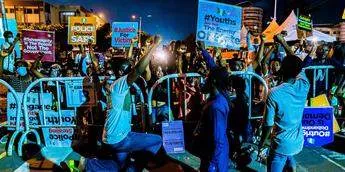
Nigerians have come to a consensus that the 1st of August, 2024, would mark the first day of its "End Bad Governance in Nigeria" protest. Nigerians of all ages and walks of life have decided to take to the streets to protest against the current state of affairs in the country. Under the hashtag #EndbadgovernanceinNigeria, many Nigerians would be exercising their fundamental rights to air out their grievances with the government peacefully.
Since the movement to start a protest in Nigeria picked up steam, the country seems to be in one big chaotic and overly dramatic debacle.
Even before hitting the streets to protest, the streets have been filled with protesters.
[embed https://twitter.com/explore[/embed]
From groups protesting against the impending protest, to traditional and politically leaders rallying marches against the protest, to those who have decided to begin the #EndbadgovernanceinNigeria on their own before the stipulated date, Nigeria has had no shortage of drama in the past few weeks.
On the other hand, the government seems to be working tirelessly to ensure that the outrage fueling the protest is quenched before the due date. However, this has been to no avail.
From ensuring that the Dangote refinery gets crude oil sold to it in local currency, to quickly implementing new minimum wage of N70,000 ($42.14) up from N30,000 ($18.06), to dropping the price of a 50kg bag of rice to N40,000 down from N80,000, the Nigerian government has been on a tear to disperse the protesters even before they gather.
Reason for protest
For months now, following the ripple effect being felt in the economy via President Tinubu's reforms, there have been whispers of staging a protest on social media. However, the idea would pick up steam after the Kenyan finance bill protest gained the attention of international media.
Following the many headlines from the ongoing Kenyan protest, Nigerians decided that it was time they did something similar, and so the idea of a protest pivoted from mere whispers to an actual conversation.
Nigeria is currently going through its worst economic downturn in a long time. At 34.19%, annual inflation is at its highest point in over thirty years. Food costs nearly quadrupled in price from the previous year. Food inflation in July according to the National Bureau of Statistics (NBS) was pegged at 24.82% year over year, which is 5.33% points more than it was a year earlier.
Fuel price has gone up from as low as N189 before Tinubu took office to N850, and even as high as N1,300, following last week's fuel scarcity episode.
People are also displeased with the government's exorbitance, including the suggestion of a new presidential yacht for the president, which would have set the country back N5 billion, the decision to include the purchase of two new Presidential Air Fleets for a combined sum of N20.5 billion in the 2024 budget, the president's decision to spend N61.29 billion on renovating buildings, and N6.82 billion on buying vehicles, among other similar decisions.
This has been particularly infuriating for Nigerians that continue to be told that there is not enough money within the economy to alleviate the current economic predicament of the masses.
To add to that, there was the removal of electricity subsidies, alongside the removal of fuel subsidies which was the initial reason for the economic downturn.
Nigerians are bearing the brunt of a deteriorating economy, while witnessing its political class receive a sizable stipend, and even more substantial allowances. As a result, many in the country feel that a protest is the only solution.
Tagged the "Days of Rage" under the hashtag #Endbadgovernance, the nationwide protest is set to hold from 1s to 10th of August.
Protesters demand
Depending on who you ask, the protesters have a wide range of demands. It's inability to identify a single leader or group of leaders has made it so that demands vary depending on where you find yourself. However, there are a few common demands amongst protesters all over the country and below are some of them.
1. Combating Inflation: Inflation has had a significant impact on businesses, especially small and medium-sized enterprises (SMEs). This includes the effects of food and energy inflation.
2. Ensure Nigerians get a better standard of living: The cost of living has increased dramatically, leading to a diminishing of the middle class.
3. Efficiency and Transparency: There is a need for an efficient and transparent government, one that is not afraid to engage in the grassroot level.
Some have argued that the demands need to be more streamlined towards one goal, and more reasonable, while some have outrightly argued that the protest should have just one demand.
The Nigerian Minister of information, Mohammed Idris Malagihad stated; "Most of the demands that the protesters are making are actually being addressed by the federal government, the president is already protesting on their behalf, by doing those things that they want the government to do."
He highlighted the drop in price of rice as one of the initiatives the government is taking to meet the demands of the people.
However, the general feeling Nigerians share online is that such an initiative would not even slightly dent the economic hardships Nigerians are facing.
Push Back
It goes without saying that since the idea of protests started to become a reality, there has been significant push back from the government. Already hundreds of security personnel have been deployed to the country's two primary economic hubs, Abuja and Lagos, including other states.
Additionally, these states have limited where the protests can go on, listing some venues as of limit for demonstrations.
Minister of the Federal Capital Territory (FCT), Nyesom Wike stated that the government will not stand by while citizens wreak havoc.
"If the FCT is working, why are you telling the residents to come and protest? We quite appreciate the level of hunger but we have said it is better for us to sit down and talk about it than to give room for hooligans to perpetrate crimes against innocent Nigerians," he said.
"No right-thinking government will fold its arms and allow people to cause mayhem, destroy properties, and then we go back to square one," he added.
He also noted that those who wish to use Eagles Square, the main square in Nigeria's capital city; Abuja, must apply properly and pay security costs for their schedule.
Nigeria's defense spokesperson Major General Edward Buba stated that the military will step in to stop any violence during scheduled civilian protests. "The level of violence envisaged is best described as a state of anarchy. It is for this reason the armed forces will not watch and allow the nation to spiral out of control to such low levels," he said in a statement. "It is for this reason that troops will act dutifully to forestall such ugly occurrences from happening in our nation," he added.
One of Nigeria's most renowned monarchs, the Ooni of Ife, Oba Adeyeye Enitan Ogunwusi, alongside other monarchs also condemned the protest, noting that there is no need for it. "Let them put a face to it, and don't let it be hijacked by people that has ulterior motives., We condemn such acts fully, we traditional rulers are not engaged in people, especially the youth, coming out to start looting, to start breaking down law and order," he said.
The Education minister, Tahir Mamman, also advised every student to remain on campus, despite the fact that the youths are at the forefront of the protest.
The presidential aide Dada Olusegun also insisted that there is no need for a protest highlighting progress in the increase of the national reserves, the increase in minimum wage, the clearing of forex backlog, and reduction in debt, all of which disgruntled Nigerians argued has done nothing to mitigate the economic crises in the country.
There have also been a number of local gatherings where community leaders have warned their residents to stop their children from protesting, alongside small groups of people including women's group in Abuja, Coalition of civic society organizations, igbo traders at the popular Alaba market in Lagos, Shitta community in Surulere and other groups protesting against the protest.
Government initiatives to quell the protest
As mentioned earlier, the Nigerian government has been putting a lot of measures in place to ensure that the protests do not hold. An article by the Nigerian newspaper The Punch, perfectly highlights these measures. Below are the steps the government has taken to halt the protest.
50% reduction in the price for a 50kg bag of rice.
Presidential directive to sell crude to Dangote in local currency.
Suspension of import duties to cushion the effect of the inflationary trend in Nigeria.
Implementation of new minimum wage.
Approval of a N50,000 monthly stipends for 10,000 young people within the Niger Delta area.
Unblocking of all blocked phone lines due to the non-linkage of National Identification Numbers to SIM cards.
While it is unclear if all these were initiated to quell the protest, one thing is almost certain and that is the urgency in which the Nigerian government used in employing these measures.

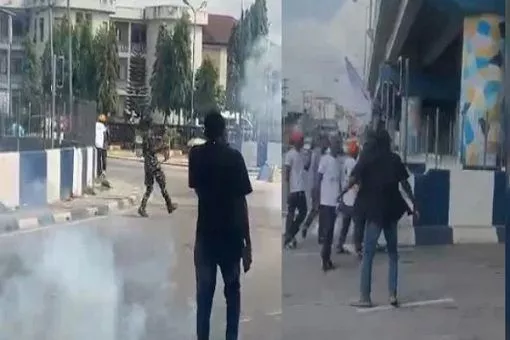
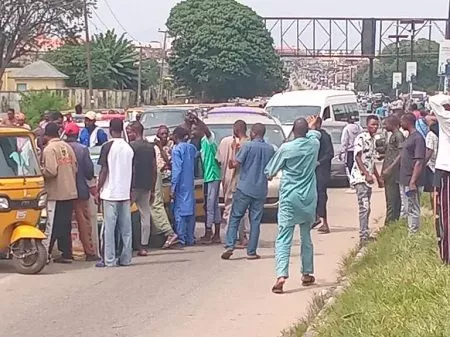
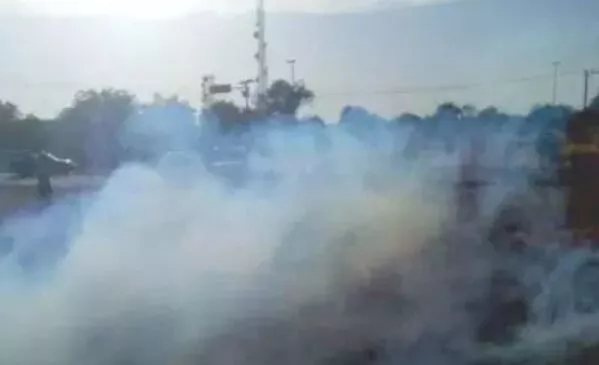
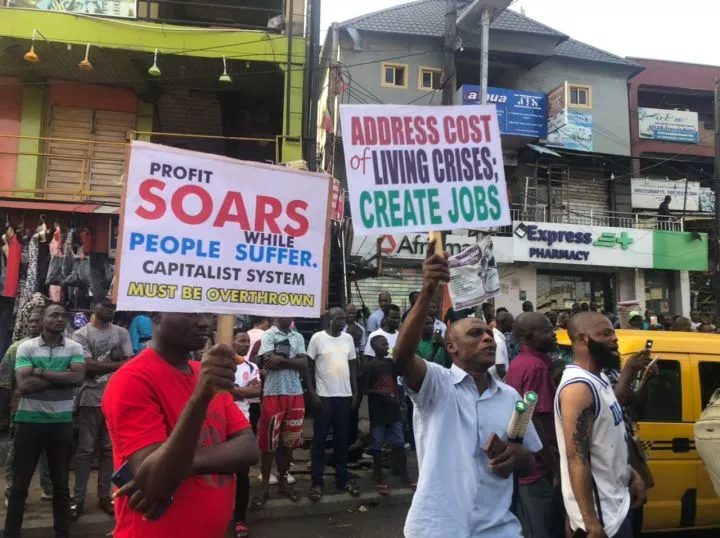
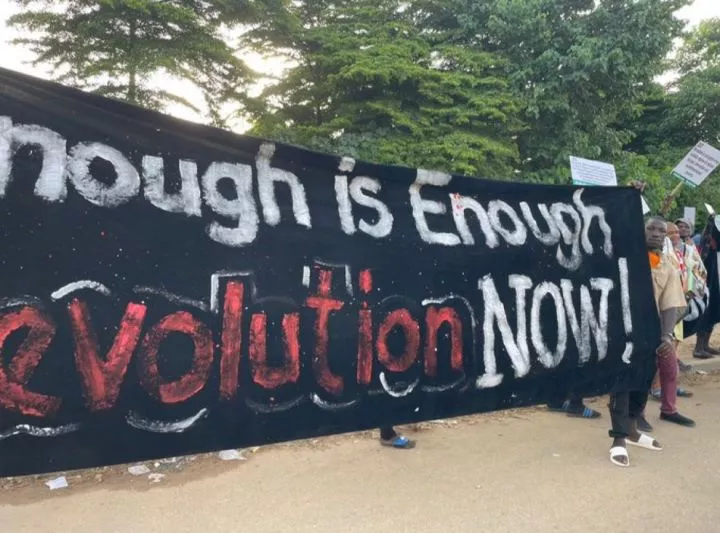
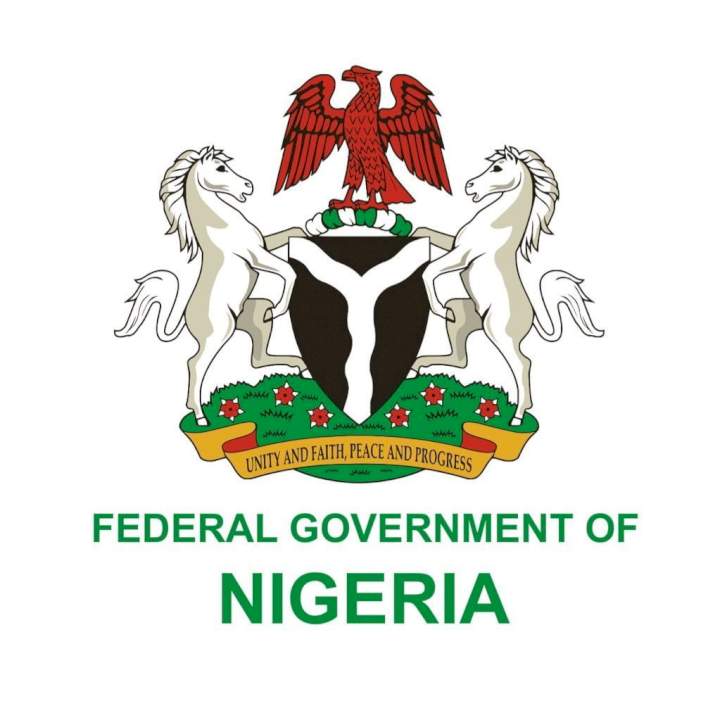

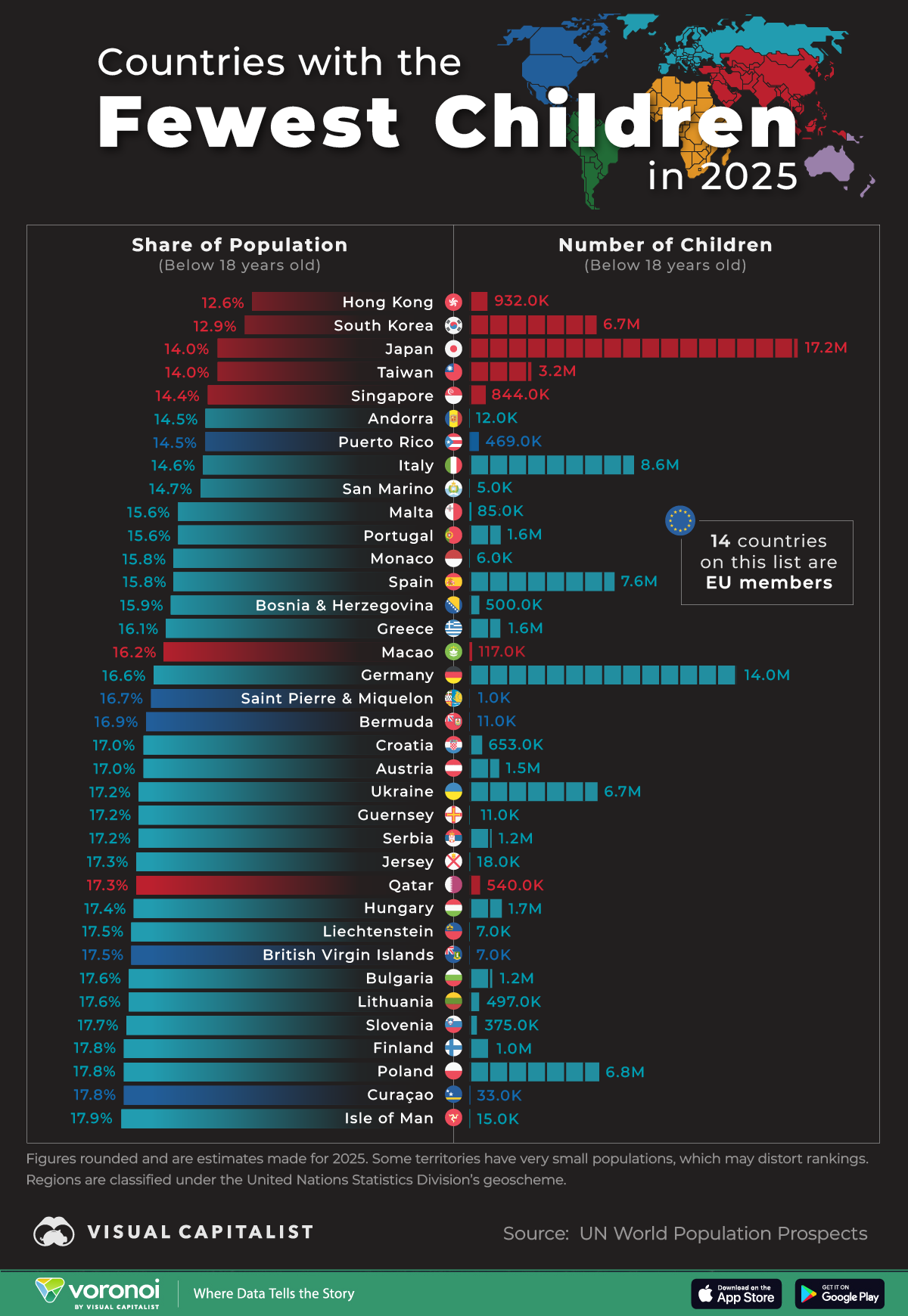




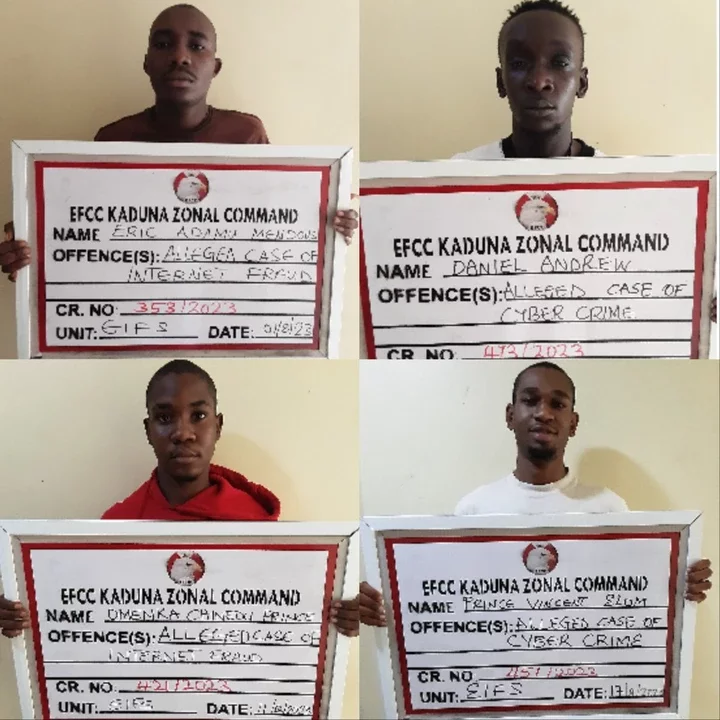

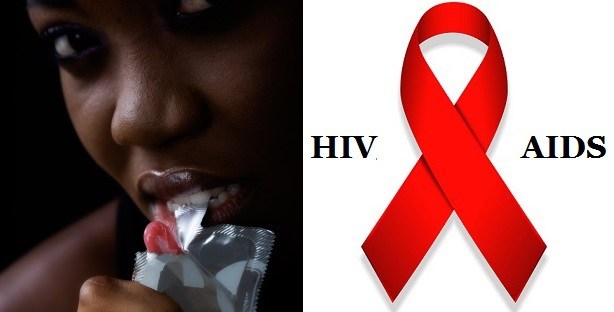

Comments